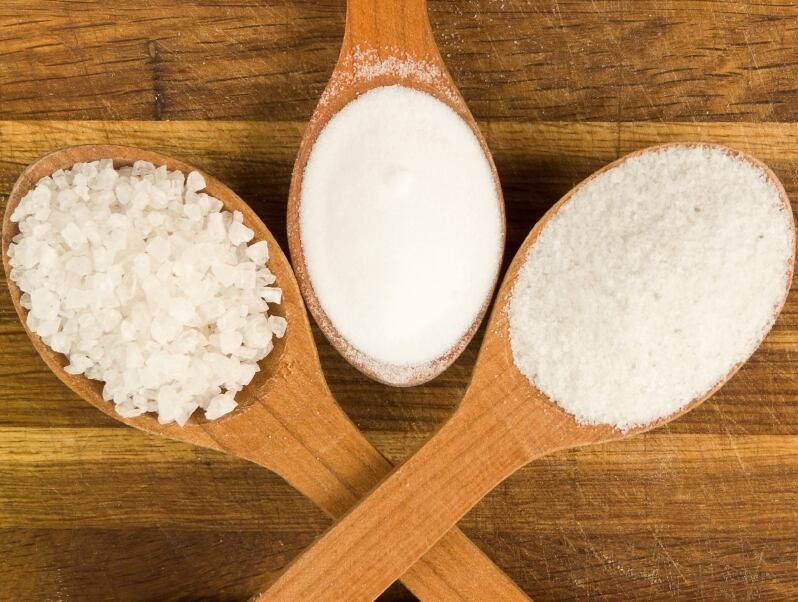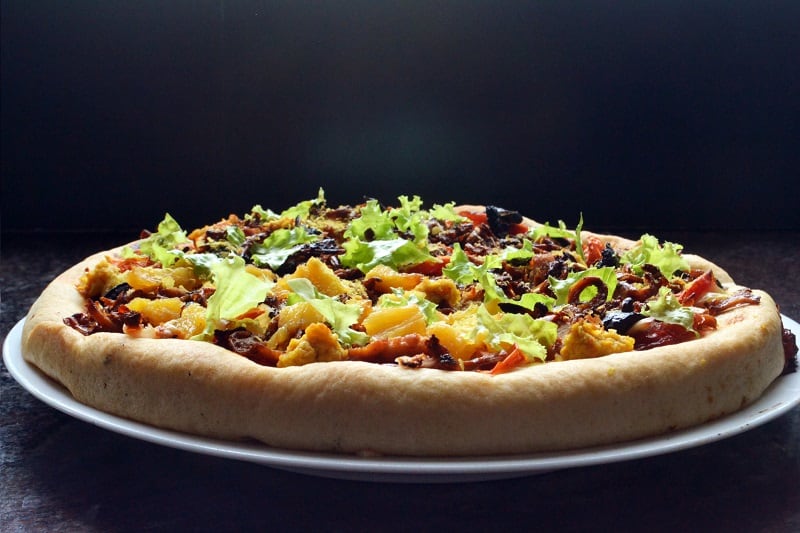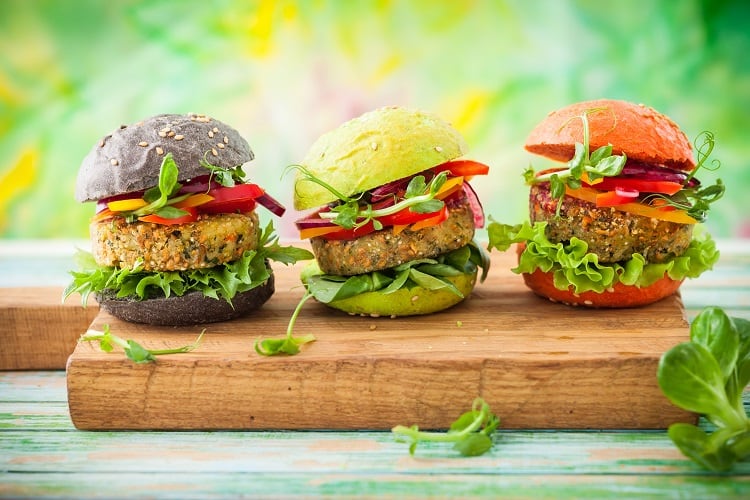A high-salt diet is bad for the immune system, as well as blood pressure, a study in Germany found.
Mice fed a high-salt diet by researchers from the University Hospital Bonn were found to suffer from much more severe bacterial infections. Human volunteers who consumed an additional six grams of salt per day (one gram above the World Health Organization recommendations) also showed pronounced immune deficiencies. This amount corresponds to the salt content of two fast food meals, according to the study published in the journal Science Translational Medicine.
Sodium chloride raises blood pressure and thereby increases the risk of heart attack or stroke. But not only that: "We have now been able to prove for the first time that excessive salt intake also significantly weakens an important arm of the immune system," said Prof. Dr. Christian Kurts from the Institute of Experimental Immunology at the University of Bonn.
He added the finding was unexpected, as some studies have observed that sodium chloride has a generally immune-enhancing effect. For example, infections with certain skin parasites in laboratory animals heal significantly faster if these consume a high-salt diet: the macrophages, which are immune cells that attack, eat and digest parasites, are particularly active in the presence of salt.
The skin serves as a 'salt reservoir'
"Our results show that this generalization is not accurate," said Katarzyna Jobin, lead author of the study, who has since transferred to the University of Würzburg.
There were two reasons for this. “Firstly, the body keeps the salt concentration in the blood and in the various organs largely constant. Otherwise important biological processes would be impaired. The only major exception is the skin: It functions as a salt reservoir of the body. This is why the additional intake of sodium chloride works so well for some skin diseases.”
However, other parts of the body are not exposed to the additional salt consumed with food. Instead, it is filtered out by the kidneys and excreted in the urine.
Sodium chloride also appears to have a negative effect on the human immune system. "We examined volunteers who consumed six grams of salt in addition to their daily intake," said Prof. Kurts. "This is roughly the amount contained in two fast food meals, i.e. two burgers and two portions of French fries." After one week, the scientists took blood from their subjects and examined the granulocytes. The immune cells coped much worse with bacteria after the test subjects had started to eat a high-salt diet.
In human volunteers, the excessive salt intake also resulted in increased glucocorticoid levels. That this inhibits the immune system is not surprising: The best-known glucocorticoid cortisone is traditionally used to suppress inflammation. "Only through investigations in an entire organism were we able to uncover the complex control circuits that lead from salt intake to this immunodeficiency," stressed Kurts. "Our work therefore also illustrates the limitations of experiments purely with cell cultures."
Implications amid Covid-19?
Kurts told FoodNavigator that it was too early to say if the study's findings would be significant amid the COVID-19 crisis as consumers seek ways to boost their immune systems, and that no studies on salt and COVID-19 had been done. He was also pessimistic that the results would alter salt intake in Europe. Figures from the Robert Koch Institute suggest that on average in Germany men consume ten, and women more than eight grams a day.
“I can't imagine the industry will take notice,” we were told. “We did not study virus responses, although there is a chance a high salt diet also affects antiviral responses, because the mechanism we identified has been shown by others to impair the defence against influenza pneumonia.”
Source
A high-salt diet compromises antibacterial neutrophil responses through hormonal perturbation
Science Translational Medicine
Authors: Katarzyna Jobin, Natascha E. Stumpf, Sebastian Schwab, Melanie Eichler, Patrick Neubert, Manfred Rauh, Marek Adamowski, Olena Babyak, Daniel Hinze, Sugirthan Sivalingam, Christina K. Weisheit, Katharina Hochheiser, Susanne Schmidt, Mirjam Meissner, Natalio Garbi, Zeinab Abdullah, Ulrich Wenzel, Michael Hölzel, Jonathan Jantsch and Christian Kurts
DOI: 10.1126/scitranslmed.aay3850





